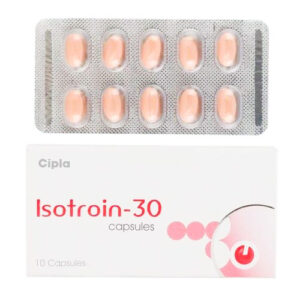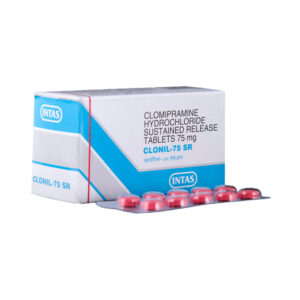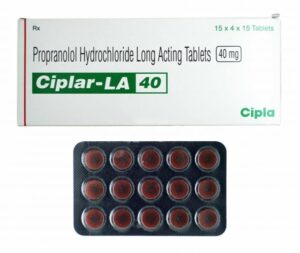Risedronate Information
What is this drug used for?
• It is used to treat Paget’s disease.
• It is used to prevent or treat soft, brittle bones (osteoporosis).
Possible side effects
Risedronate may cause side effects. Tell your doctor if any of these symptoms are severe or do not go away:
• Constipation, diarrhea, stomach pain, upset stomach, or throwing up.
• Back, muscle, or joint pain.
• Feeling dizzy, tired, or weak.
• Headache.
• Flu-like signs.
Some side effects can be serious. If you experience any of these symptoms, call your doctor immediately or get emergency medical treatment:
• Signs of an allergic reaction, like rash; hives; itching; red, swollen, blistered, or peeling skin with or without fever; wheezing; tightness in the chest or throat; trouble breathing, swallowing, or talking; unusual hoarseness; or swelling of the mouth, face, lips, tongue, or throat.
• Signs of low calcium levels like muscle cramps or spasms, numbness and tingling, or seizures.
• Signs of high blood pressure like very bad headache or dizziness, passing out, or change in eyesight.
• Black, tarry, or bloody stools.
• Chest pain.
• Coughing up blood.
• Throwing up blood or throw up that looks like coffee grounds.
• Heartburn.
• Trouble swallowing.
• Very bad pain when swallowing.
• Sore throat.
• Very bad bone, joint, or muscle pain.
• Any new or strange groin, hip, or thigh pain.
• Change in eyesight, eye pain, or very bad eye irritation.
• Trouble passing urine.
• Pain when passing urine.
• This drug may cause jawbone problems. The risk may be higher with longer use, cancer, dental problems, ill-fitting dentures, anemia, blood clotting problems, or infection. It may also be higher if you have dental work, chemo, radiation, or take other drugs that may cause jawbone problems. Many drugs can do this. Talk with your doctor if any of these apply to you, or if you have questions. Call your doctor right away if you have jaw swelling or pain.
Medication Safety Issues
Sound-alike/look-alike issues:
Actonel may be confused with Actos
Risedronate may be confused with alendronate
Storage and Stability
Store at 20°C to 25°C (68°F to 77°F).
Adverse Reactions
Frequency may vary with product, dose, and indication.
>10%:
Cardiovascular: Hypertension (11%)
Central nervous system: Headache (3% to 18%)
Dermatologic: Skin rash (8% to 12%)
Gastrointestinal: Gastrointestinal disease (perforations, ulcers, or bleeding; 51%), diarrhea (5% to 20%), nausea (4% to 13%), abdominal pain (2% to 12%)
Genitourinary: Urinary tract infection (11%)
Infection: Infection (31%)
Neuromuscular & skeletal: Arthralgia (7% to 33%), back pain (6% to 28%)
1% to 10%:
Cardiovascular: Peripheral edema (8%), chest pain (7%), cardiac arrhythmia (2%)
Central nervous system: Depression (7%), dizziness (3% to 7%)
Endocrine & metabolic: Increased parathyroid hormone (8% to 9%; >1.5 x ULN: ≤2%), hypocalcemia (≤5%), hypophosphatemia (<3% decrease from baseline)
Gastrointestinal: Dyspepsia (4% to 8%), constipation (3% to 7%), vomiting (2% to 5%), gastritis (1% to 3%), gastroesophageal reflux disease (1% to 2%), duodenitis (≤1%), glossitis (≤1%)
Genitourinary: Benign prostatic hyperplasia (5%), nephrolithiasis (3%)
Hypersensitivity: Acute phase reaction-like symptoms (≤8%; includes fever, influenza-like illness)
Infection: Influenza (6% to 7%)
Neuromuscular & skeletal: Arthropathy (7%), myalgia (1% to 7%), limb pain (2% to 4%), musculoskeletal pain (2%), muscle spasm (1% to 2%)
Ophthalmic: Cataract (7%)
Respiratory: Flu-like symptoms (10%), pharyngitis (6%), rhinitis (6%), bronchitis (4%), upper respiratory tract infection (3% to 4%)
<1%, postmarketing, and/or case reports: Abnormal hepatic function tests, angioedema, bullous skin reaction, cough, esophageal ulcer, esophagitis, exacerbation of asthma, femur fracture, gastric ulcer, hypersensitivity reaction, iritis, ostealgia, osteonecrosis (primarily of the jaw), Stevens-Johnson syndrome, toxic epidermal necrolysis, uveitis –







